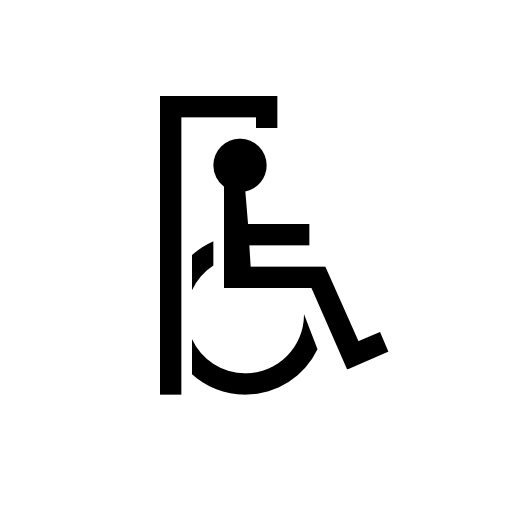"§"
America's Cup
Es gibt keinen zweiten, Mylady (W3)
Auch wenn der Siegerpokal "America's Cup" heißt - er kommt aus England. Das erste Duell wurde am 22.08.1851 in Großbritanien um die Isle of Wight ausgetragen. Gnädigerweise durfte ein Amerikaner an dem britischen Segelwettkampf teilnehmen. Und das Schicksal nahm seinen Lauf. Die amerikanische Crew von John Cox Stevens gewann mit ihrem Schoner "America" und so erhielt der Siegerpokal seinen "amerikanischen" Namen.
Eine Anekdote besagt, dass die, das Desaster beobachtende britische Königin Victoria, auf ihre Frage nach dem zweiten Sieger die niederschmetternde Antwort erhielt: "Es gibt keinen zweiten, Mylady!".
(E?)(L?) http://www.americascup.com/
(E?)(L?) http://www.nzz.ch/yachting/abc/2006.03.02-ya-articleDMMGK.html
(E?)(L?) http://www.yacht.de/yo/powerslave,id,109,nodeid,109,ps_lo,.html

